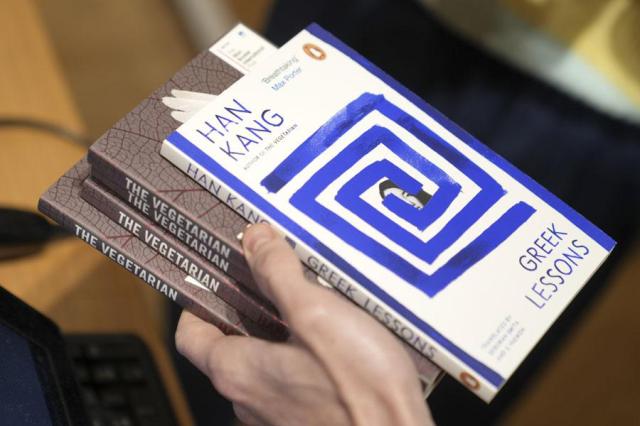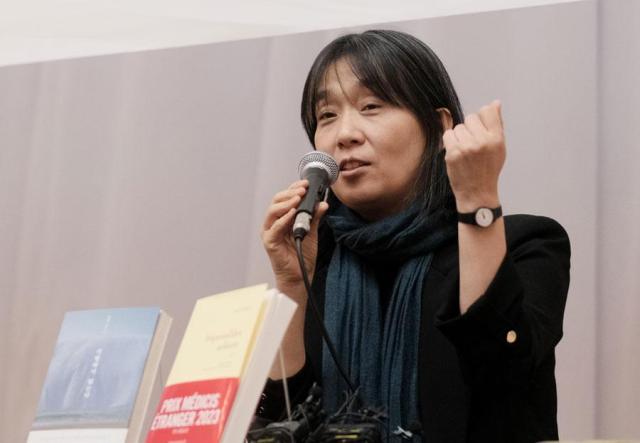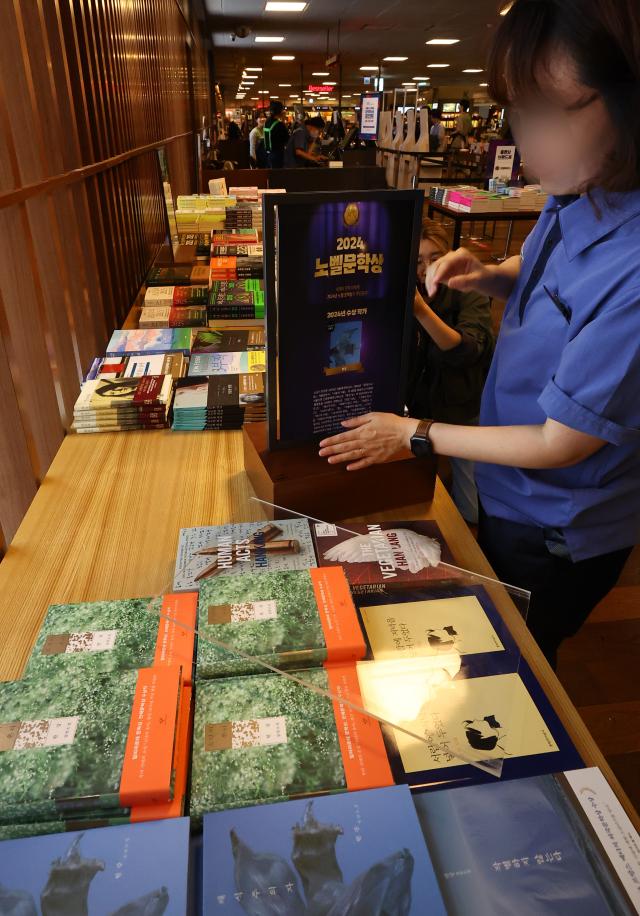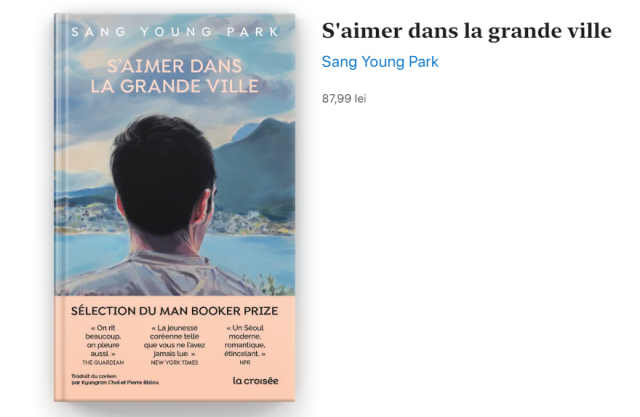
Han is the first South Korean writer to be awarded the Nobel prize in literature, and in its history of 121 winners over 117 years, only the 18th woman to be awarded the prize. She was born in 1970 in Gwangju and has also been awarded the International Booker Prize (in 2016), as well as several other high profile national and international awards, including the Prix Médicis Etranger in 2023 for her novel "Impossible Goodbyes."
The Vegetarian is Han's best-read work. Published in 2007, and translated into English for publication in the U.K. in 2015 and the U.S. in 2016, its title was apt, as it coincided with a sudden upsurge in people turning to vegetarianism and veganism, particularly in the U.K.
While the novel is not a manifesto for vegetarianism, it does contemplate the impact of becoming vegetarian when everyone around you eats meat. It conveys protagonist Yeong-hye's struggle to maintain bodily agency in response to her husband's disgust at her decision (he sees it as disobedience), her brother-in-law's erotic fascination with it and her father's violent acts, force-feeding her pork.
"The Vegetarian" offers an extended insight into patriarchal control of the female body, and has been described as an anti-capitalist and ecofeminist revolt.
The novel has a three-part structure and both the narrative perspective and voice shifts in each section. Yeong-hye is never a first-person narrator in the story of her own body and the decisions she makes about it. This noticeable lack of voice seems to have been relevant to the Nobel prize. The committee stated that their decision was motivated by the author's commitment to conveying "invisible sets of rules" and "the fragility of human life" through her "unique awareness of the connections between body and soul."
Han's poetry and short stories are just as innovative and important as her novels, though they are less well known, and their themes more obscure. Her poetry often explores places (walking on the city street), juxtaposed with objects (streetlamps, candles, mirrors) and the fragmented human body (a hand reaching out, fingertips, frozen cheeks, tongues, eyelids).
The English translation of her latest novel, "We Do Not Part," will be published in February next year. "We Do Not Part" is perhaps more obscure and complex that "The Vegetarian," at least in subject matter. It is the story of a woman named Kyungha, who travels to her friend Inseon's rural house to care for a pet bird after Inseon is hospitalized after a wood-chopping accident. Trapped by a snowstorm, she uncovers letters from the 1948-49 Jeju massacre, where around 1,000 people were killed.

There has been wide praise for this year's winner. The Washington Post celebrates the award as offering potential for other Korean writers. The Guardian, meanwhile, acknowledges Han's accolades and expands on the committee's reasons for awarding the prize: her empathy, unique awareness, experimental style, and "metaphorically charged prose."
The prize for literature is often controversial. Online communities debate the validity of winners and make accusations about the politics of choices. Some commentators are upset if the author is too obscure, as was the case with Norwegian Jon Fosse, who won in 2023. They are equally upset if the prize is awarded to a figure who is too mainstream, as was the case when Bob Dylan won in 2016.
The local specificity of Han's writing, bringing Korean history and places to a global audience, and the precision of her prose, means that her work is innovative and arresting in both form and content. A worthy winner.
-------------------------------------------------------------------------------------------------------------------------
Jenni Ramone is an associate professor of postcolonial and global Literatures at Nottingham Trent University in England.
This article was republished under a Creative Commons license with The Conversation. The views and opinions in this article are solely those of the author.
https://theconversation.com/han-kang-innovative-south-korean-author-wins-the-2024-nobel-prize-for-literature-241088
Copyright ⓒ Aju Press All rights reserved.




View more comments